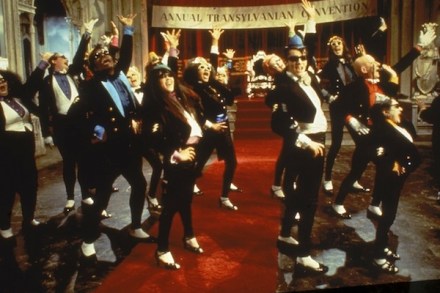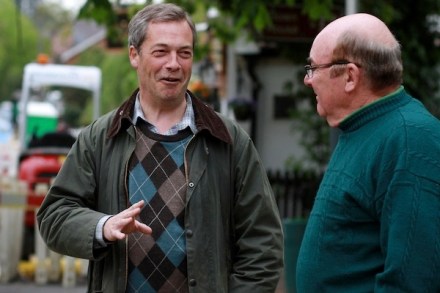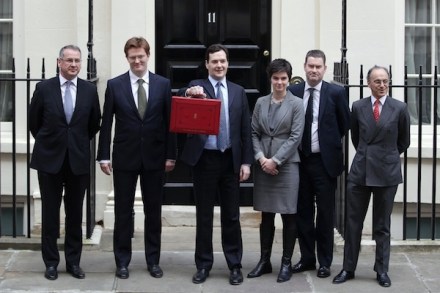The Tory timewarp
‘If we don’t like modern Britain, then it is very unlikely that modern Britain will like us’ says Damian Green, in a piece for the Daily Telegraph today. I’m not sure if this is a piece of pre-reshuffle positioning or a cri de coeur, but his analysis is about ten years out of date. Green is not a Notting Hill Tory, he’s part of the group whom Rachel Sylvester once described as the ‘Blueberry Hill’ Tories — a generation born about the same time as the Fats Domino hit, who got into parliament early enough to see their party spanked by Tony Blair in three general elections. This gave rise to




















